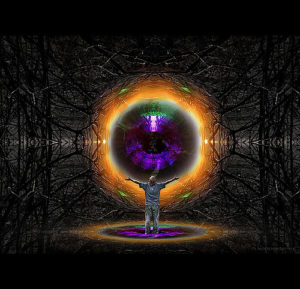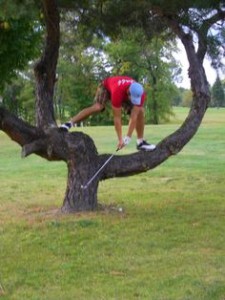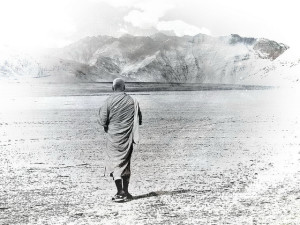“There is nothing in a caterpillar that tells you it’s going to be a butterfly.” ~ Buckminster Fuller, Author, Designer and Inventor.
Far too many of us live with a fixed mindset. Fixed mindset assumes that our skills, intelligence, talent and capacity are in-born and hence largely fixed throughout our life. On the other hand, a growth mindset presumes that our skills, intelligence and talent are changeable with conscious effort; that they can be acquired and honed.
A person with a fixed mindset would think or say: I don’t have the talent to be an engaging presenter; I can never be super fit; my child has a gift for numbers but not for languages; or this colleague has limited future because of his low EQ. Subconsciously, believing that our smarts, relationship skills or motivation levels stay the same through life. If we are a certain way as an adult, or even as a child, we would stay that way forever.
A growth mindset appreciates the inherent potential for people to change. A person with a growth mindset would think or say: What can I learn from great presenters to be a better presenter; with commitment and proper training, I can become super fit; if my child develops a love for reading, her language skills can improve dramatically; or if I can support this colleague to become more aware of his limiting emotional responses, he can enjoy much better relationships.
Wide-ranging relevance
The idea of mindset as a psychological trait, first introduced by Stanford’s psychology professor Carol Dweck, has wide-ranging relevance. It directly impacts our work and leadership outlook, parenting style, quality of relationships, personal well-being and level of happiness.
Children and parenting
This trait gets built early on in our childhood. Parents with a fixed mindset tend to praise children for their talents rather than for their efforts. You are a natural at tennis or you are born to be an engineer. These messages inadvertently instil in the children…





















